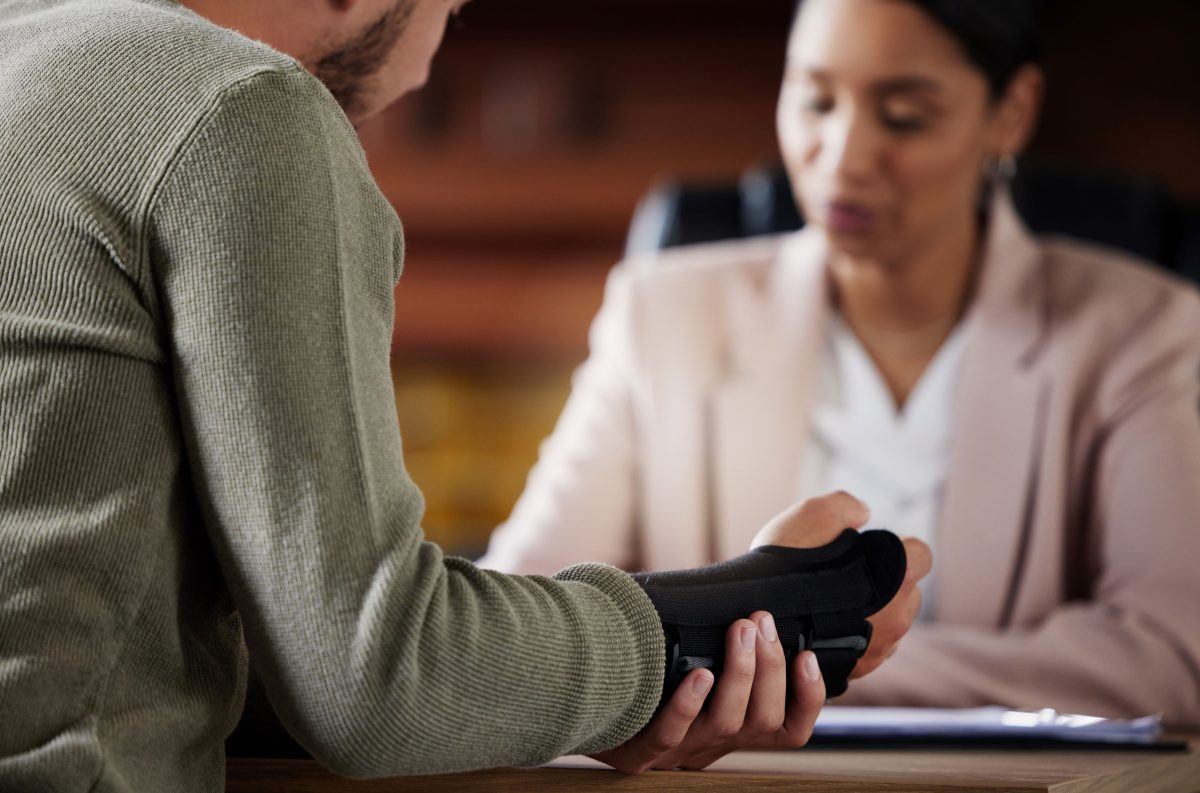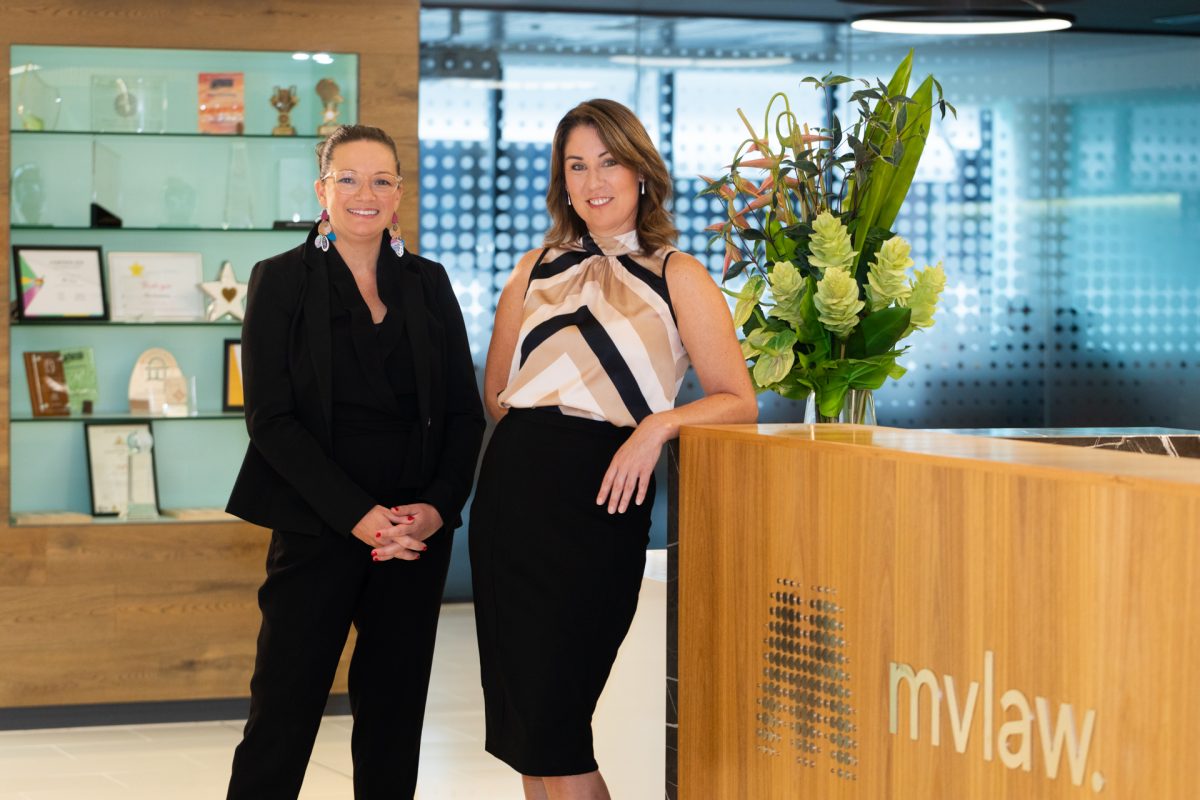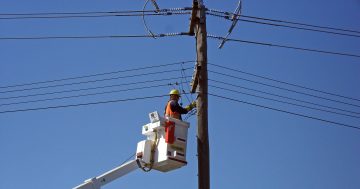
Managing workplace health and safety (WHS) just got a little more complicated – or did it? Photo: Yuri Acurs.
Taking the right steps to keep everyone safe at work has always been a serious undertaking.
With the pandemic fresh in everyone’s minds last year, businesses were confronted with another code of practice to follow – managing psychosocial hazards at work. Suddenly, workplace health and safety (WHS) was thrown right back in the spotlight for employers to stress over.
With this in mind, what does the future hold for employers around the country? Is it getting harder to manage safety?
MV Law partner Tanya Herbertson and special counsel Amy Sydney say the short answer is yes, but giving in to a sense of foreboding isn’t really necessary.
“Workplaces themselves are becoming more complex environments, so it makes sense that the rules governing them do the same,” Amy says.
“But really, anyone conducting business has always had a responsibility to ensure the health and safety of their employees, physically and psychologically. The new codes of practice for psychosocial hazards provide clearer guidance on how to do it effectively.”
Psychosocial hazards are, essentially, risks relating to workplace behaviours, design or management that could cause psychological harm, whether or not they also cause physical injury.
Some examples include discrimination or harassment, lack of support, mentally demanding work and role overload.
The major takeaway from the new code of practice is that workplaces are obligated to eliminate risks wherever possible and minimise them as much as possible.
Employees also have obligations when it comes to WHS. Tanya says most of the time, it’s about using your common sense and keeping a level, responsible head.
“You should be shown how to work safely, you have the right to safety equipment, and you have the right to speak up about unsafe work conditions,” she says.
“But you also have a responsibility to carefully consider your own safety and that of others while at work.”

Amy specialises in employment and workplace relations law, advising across all industries and business models. Tanya has successfully represented hundreds of clients in court, particularly in personal injury compensation. Photo: Michelle Kroll.
Someone has to bear responsibility when things go wrong at work, but it is worth noting that all Australian employers legally have to have insurance to cover sick or injured workers, so there are good safety nets in place.
If you are injured while working, Amy says it’s important to report the issue as quickly and accurately as possible.
“Obviously, you should seek medical attention right away if you are seriously injured,” she says.
“But it’s also important to report the injury to your supervisor as soon as you can.
“Next, get some legal advice. Workers compensation is generally payable if you sustained the injury at work, but you may also be entitled to a negligence claim if the employer is at fault. A good lawyer can talk you through this process.”
Many lawyers are reporting an increase in employees seeking advice for work-related injuries, including psychological injuries. What isn’t clear, though, is whether this is due to work safety becoming more complex or because the topic has been brought to light so fiercely and public awareness has increased.
“There’s certainly been an uptake in employees seeking advice about psychological risks at work,” Tanya says.
“Most of the time, we’re helping them manage risk by writing to their employers to let supervisors know what the risk is and remind them of the businesses’ WHS obligations.
“The goal is to prevent injuries, no matter their form. I’ve seen hundreds of personal injury claim matters and no amount of money is going to make that experience disappear.”
Original Article published by Morgan Kenyon on Riotact.
















